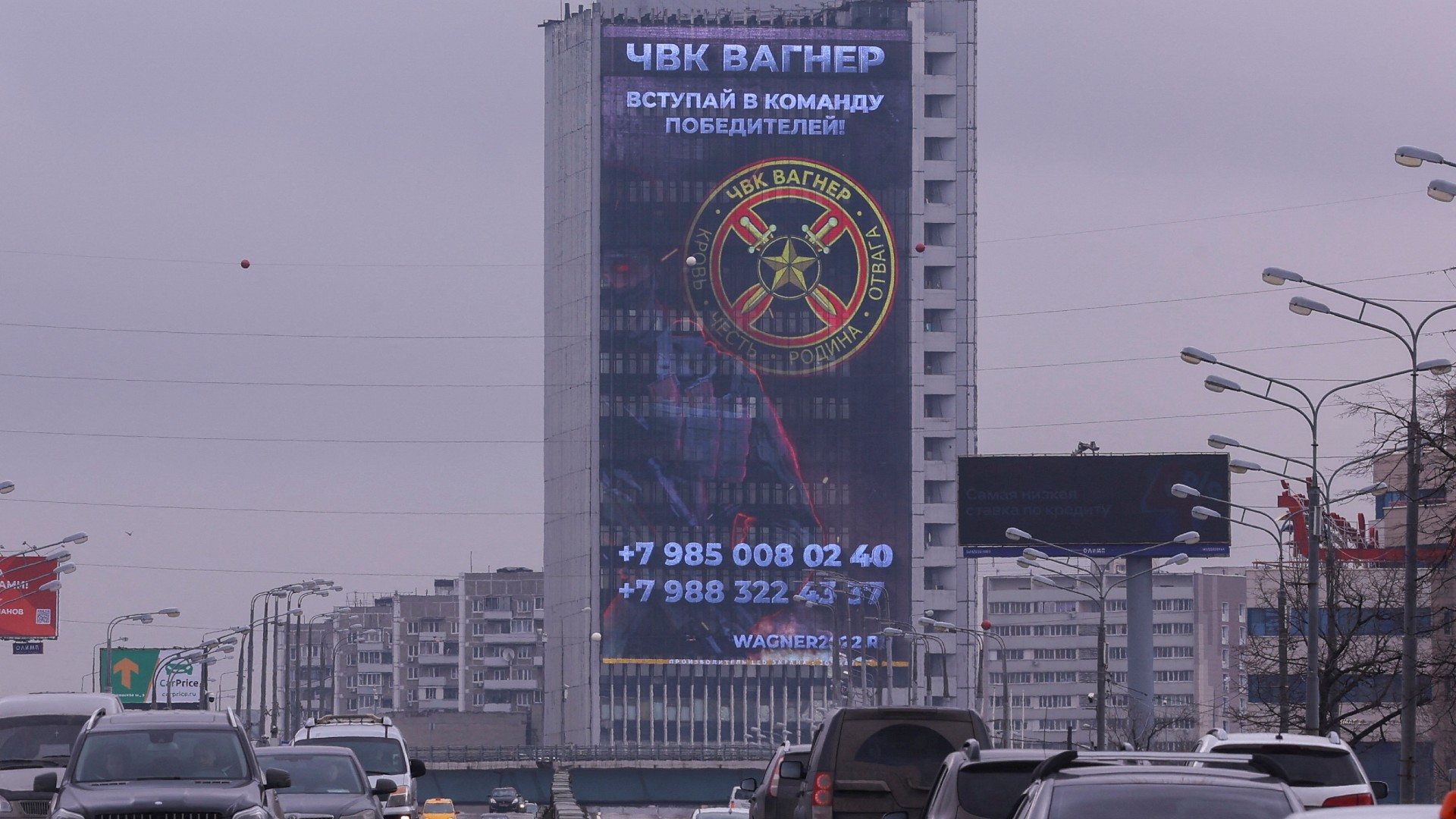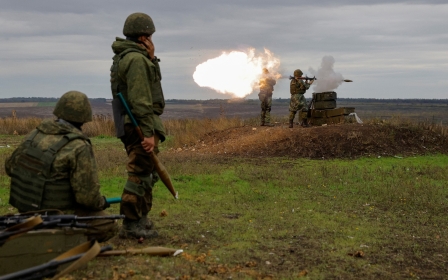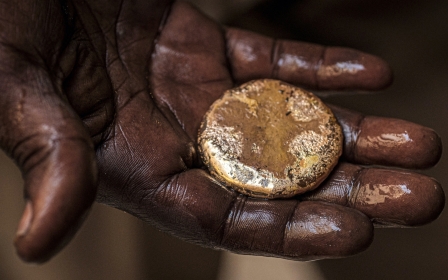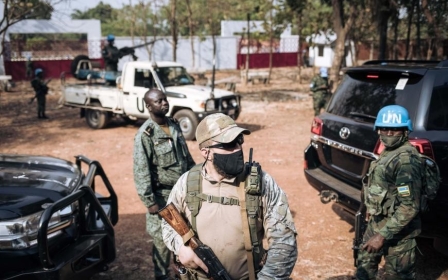Russia-Ukraine war: Wagner suffers big losses due to lack of weapons and supplies
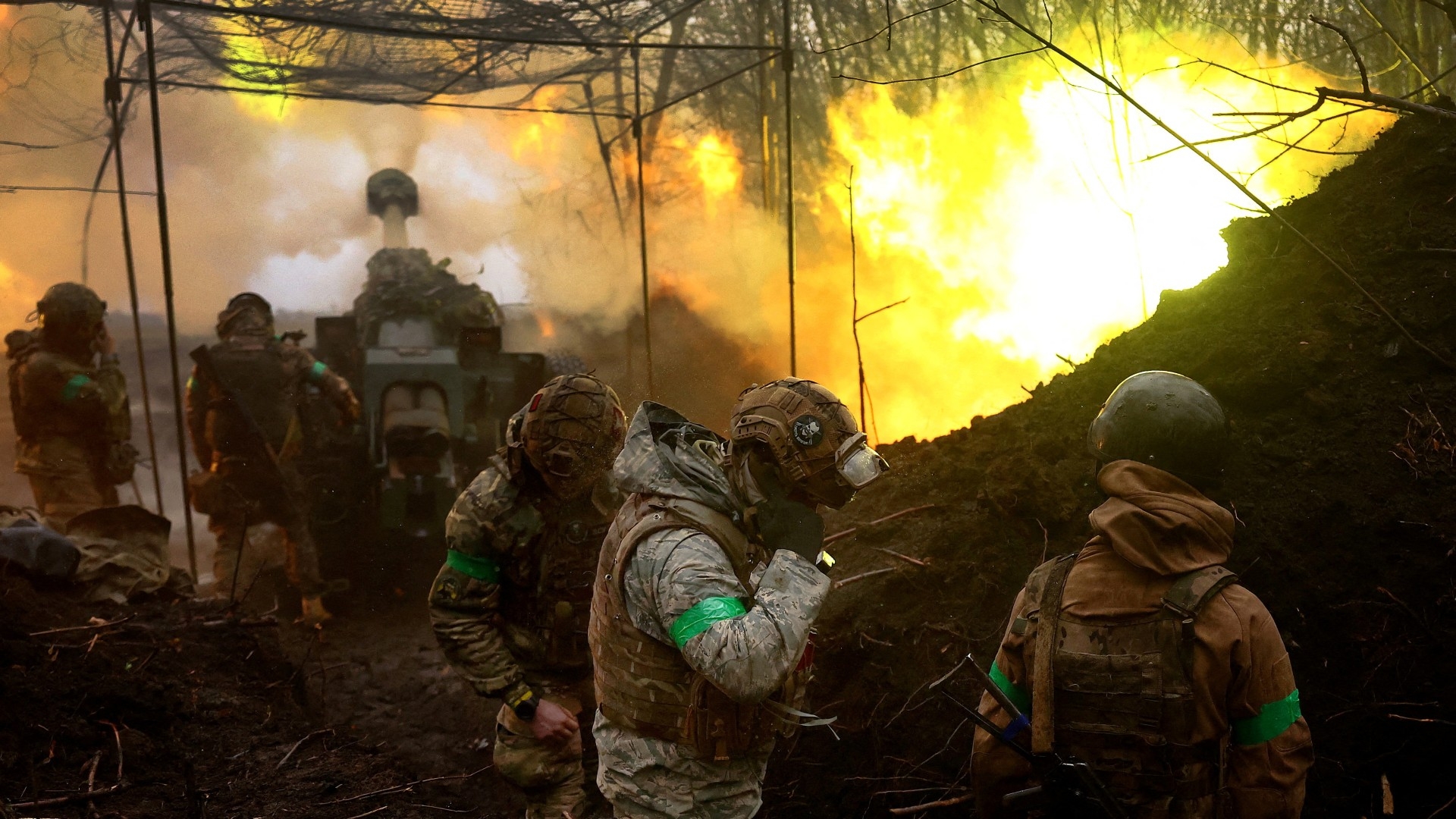
The Wagner Group Russian paramilitary organisation has lost nearly 65 percent of its recent recruits in Ukraine, is short of fighters, and beset by logistical and supply chain problems, two sources directly involved with the private military market told Middle East Eye.
The US government claimed that Wagner, which has deployed in various countries at Moscow’s behest and is currently playing a key role in the war in Ukraine, has had 30,000 casualties, 9,000 of whom died in combat on the Ukrainian front.
According to an assessment collated by the US Defence Intelligence Agency, Russia has suffered 189,500-223,000 total casualties, including 35,500-43,000 killed in action and 154,000-180,000 wounded.
Ukraine has suffered 124,500-131,000 total casualties, including 15,500-17,500 killed in action and 109,000-113,500 wounded in action, according to the leaked document entitled "Russia/Ukraine - Assessed Combat Sustainability and Attrition".
The majority of those Wagner fighters killed were members of units made up of prisoners who were recruited from penal colonies in return for pardons and salaries, one of the sources told MEE.
New MEE newsletter: Jerusalem Dispatch
Sign up to get the latest insights and analysis on Israel-Palestine, alongside Turkey Unpacked and other MEE newsletters
Middle East Eye’s sources spoke on condition of anonymity for security reasons.
According to Western intelligence sources, 90 percent of Wagner's combat forces in Ukraine are now made up of prisoners recruited from penal colonies, a process that reportedly began in February last year.
Lack of ammunition
Both sources said most of Wagner's casualties were caused by the absence of sophisticated weapons, in some cases lack of simple ammunition, such as rounds for AK-47 rifles. Ineffective command and management have also been an issue, they said.
Late, incorrect, or inadequate medical care has also seriously eroded the company's strength, they added.
Wagner's logistical difficulties are considerable and the indifference of the Russian command to its problems has forced the organisation to seek weapons from various countries, including Turkey.
'If you are seriously wounded while fighting in Wagner ranks, it is almost impossible to survive. They are in a serious logistics chain crisis'
- private military source
“If you are seriously wounded while fighting in Wagner ranks, it is almost impossible to survive. They are in a serious logistics chain crisis. They are also understaffed,” said the second source, who is familiar with Wagner’s inner workings.
The second source said Yevgeny Prigozhin, Wagner’s leader and close associate of Russian President Vladimir Putin, has recruited so many fighters that the group's medical teams are completely inadequate. "And the Russian command is often indifferent to Wagner's calls for help for its wounded," he added.
The second source said most of Wagner’s dead lost their lives on the Bakhmut front in eastern Ukraine, which the source described as “a slaughterhouse”.
Disagreements between Wagner and the Russian high command are already in the public domain. These have deepened Wagner’s logistical issues, with the paramilitary group unable to get support from the regular army.
The second source said Wagner anticipated logistical issues. But at the beginning of the war - which it believed would be short - the group planned to overcome them by supplying itself from its bases in Mali, Libya, and Syria.
As time passed and the conflict became protracted, regular Russian troop losses increased, causing conflict between Wagner and Russian military staff, who were constantly criticised by Prigozhin and ignored Wagner’s requests for assistance.
“The logistics problems in Wagner kill more Russian fighters than the Ukrainians themselves,” the second source said.
A military source from Ukraine said a large part of Wagner’s force is no longer able to fight. "Too many recruits have been killed or wounded. Most of the wounded are unable to return to the front line,” the source said.
More fighters, same problems
Rather than resolving his logistics issues, Prigozhin has preferred to start another recruitment wave to overcome his human resources problems.
Although Prigozhin says that Wagner has halted inmate recruitment campaigns after losing access to prisons due to rivalry with the Russian high command, the company continues to recruit convicts on a smaller, less conspicuous scale.
The new recruitment campaign launched by the defence ministry has prompted Wagner to run local, more low-key recruitment drives - other than a giant billboard in Moscow.
A separate Russian source who closely monitors Wagner and its recruitment campaigns said Prigozhin has a romanticised view of the resilience of the mostly indigenous peoples of southeast Russia, and is particularly looking to recruit from this community.
Wagner hopes to set up a wing or a unit of 2,000-2,500 fighters from the region. The Russian source said that there is no clear information about how many people have been recruited so far.
Wagner plans eight to 12 weeks of training for the new batch, which will be formed with men gathered with the help of local authorities of southeast Russia, from Kurgan to Amur.
"But Prigozhin still seems to have no plan to solve the problems on the rear line, which are gradually worsening the situation at the front. Logistical problems will also affect Wagner's new fighters," the Russian source said.
Meanwhile, the Russian military command remains indifferent to most of Wagner's logistical demands and needs.
According to British intelligence, the Russian defence ministry’s issues with Wagner have prompted it to look for alternatives to the notorious private army.
Middle East Eye delivers independent and unrivalled coverage and analysis of the Middle East, North Africa and beyond. To learn more about republishing this content and the associated fees, please fill out this form. More about MEE can be found here.


